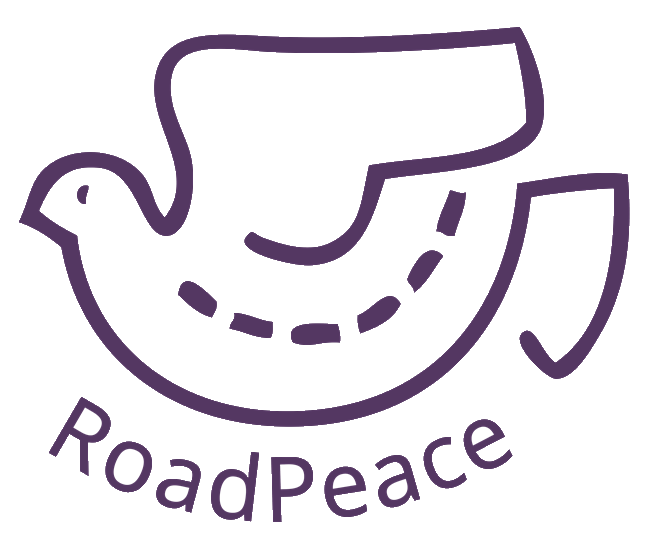The ‘ripple effect’ of road crashes impacts more than 500,000 people in the UK every year, both physically and mentally, transport research experts have warned.
In 2020 alone, 1460 people were killed on the UK’s roads and 114,124 were injured, despite many road users staying at home for a large part of the year to control the Covid-19 pandemic.
But the devastation extends far beyond the physical injuries suffered by these victims. Research conducted by the Transport Safety Research Centre at Loughborough University showed that the impact of injuries is wide and much more damaging than the casualty statistics might suggest.
Andrew Morris, Professor of Human Factors in Transport Safety at Loughborough University and Director of the Transport Safety Research Centre, said: “Being involved in a road crash has lasting effects, both psychologically and physically, and contributes directly to a reduced quality of life either in the short or long term.
“Studies have shown that road traffic crash injuries are also a predictor for increased risk of a person suffering from Post-Traumatic Stress Disorder.” (2, 3)
His warning comes amid Mental Health Awareness Week (May 9-15) and as police officers and crash victims’ families prepare to take part in a major national campaign designed to tackle the UK’s road death endemic.
The RoadPeace Andy Cox Challenge 2022, which will take place between May 16-22, will see police and bereaved families cycle and run every day on routes where fatal and serious road collisions have occurred.
Spearheaded by Detective Chief Superintendent Andy Cox, Head of Crime at Lincolnshire Police, the event will also be supported by sports personalities and celebrities, including BBC Radio 2’s Jeremy Vine.
The campaign will raise vital funds for RoadPeace, the national charity for road crash victims, but crucially it will aim to get the public talking about road deaths and the devastation they cause to families and communities every day.
Prof Morris added: “The impact on families and carers also cannot be overlooked, since there are obvious consequences through losing a loved one from a road traffic crash. In addition, families may be affected through having to provide care and support to those who have sustained injuries, together with the psychological affect this may have on overall family dynamics.
“Other studies have identified the disconnect between the acute care setting and community care post-discharge with many people lacking relevant information, immediate rehabilitation opportunities and long waiting times for psychological support within the National Health Service.” (4-8)
In turn, the mental suffering following a crash is likely to impact, in varying degrees, on the loved ones and people around the victim. Of the 115,674 people killed or injured in 2020, each one was likely to have had family members, friendship groups and work colleagues. It is easy to extrapolate the effects at least five-fold – meaning 578,370 people could have been affected by the impact of the initial collision.
This does not account for the other forgotten victims, including those involved in collisions but were unharmed physically or those who witnessed horrifying collisions from another uninvolved vehicle. Their experiences may have lasting effects on their mental health.
Dr Jo Barnes, Reader in Traffic Injury Prevention, at Loughborough University, said: “Charities such as RoadPeace and the Road Victims Trust have an important and integral role in post-crash support and care for victims and their families. However, real improvements in the prevention of road crashes are necessary, including personal responsibility for safe road user behaviour in order to minimise the overall burden of injury on society.
“This ripple effect that radiates from the initial crash, starting with the individuals involved (physically and psychologically), their work and lifestyle all the way up to consequences for families are easily overlooked.”
ENDS
Reference:
- https://www.gov.uk/government/statistics/reported-road-casualties-great-britain-annual-report-2020/reported-road-casualties-great-britain-annual-report-2020
- Heron-Delaney, M., et al., A systematic review of predictors of posttraumatic stress disorder (PTSD) for adult road traffic crash survivors. Injury, 2013. 44(11): p. 1413-22.
- Kendrick D, Baker R, Hill T, Beckett K, Coupland C, Kellezi B, Joseph S, Barnes J, Sleney J, Christie N, Morriss R. Early risk factors for depression, anxiety and post-traumatic distress after hospital admission for unintentional injury: Multicentre cohort study. J Psychosom Res. 2018 Sep;112:15-24.
- Kettlewell J, Timmons S, Bridger K, et al. A study of mapping usual care and unmet need for vocational rehabilitation and psychological support following major trauma in five health districts in the UK. Clinical Rehabilitation. 2021;35(5):750-764. doi:10.1177/0269215520971777
- Kellezi, B, Beckett, K, Earthy, S, et al. Understanding and meeting information needs following unintentional injury: comparing the accounts of patients, carers and service providers. Injury 2015; 46: 564–571.
- Christie, N, Beckett, K, Earthy, S, et al. Seeking support after hospitalisation for injury: a nested qualitative study of the role of primary care. Br J Gen Pract 2016; 66: e24–e31.
- Beckett, K, Earthy, S, Sleney, J, et al. Providing effective trauma care: the potential for service provider views to enhance the quality of care (qualitative study nested within a multicentre longitudinal quantitative study). BMJ Open 2014; 4: e005668.
- Kellezi, B, Earthy, S, Sleney, J, et al. What can trauma patients’ experiences and perspectives tell us about the perceived quality of trauma care? A qualitative study set within the uk National Health Service. Injury. Epub ahead of print 2020. DOI: 10.1016/j.injury.2020.02.063.
Media enquiries and interview requests:
For more information or to request an interview with Prof Morris, Dr Barnes or Det Chief Supt Cox please contact Rebecca Morris at rebecca.morris@roadsafetysupport.co.uk or on 07872 380534.
Updated on: 13 May 2022
